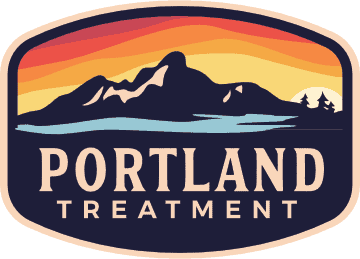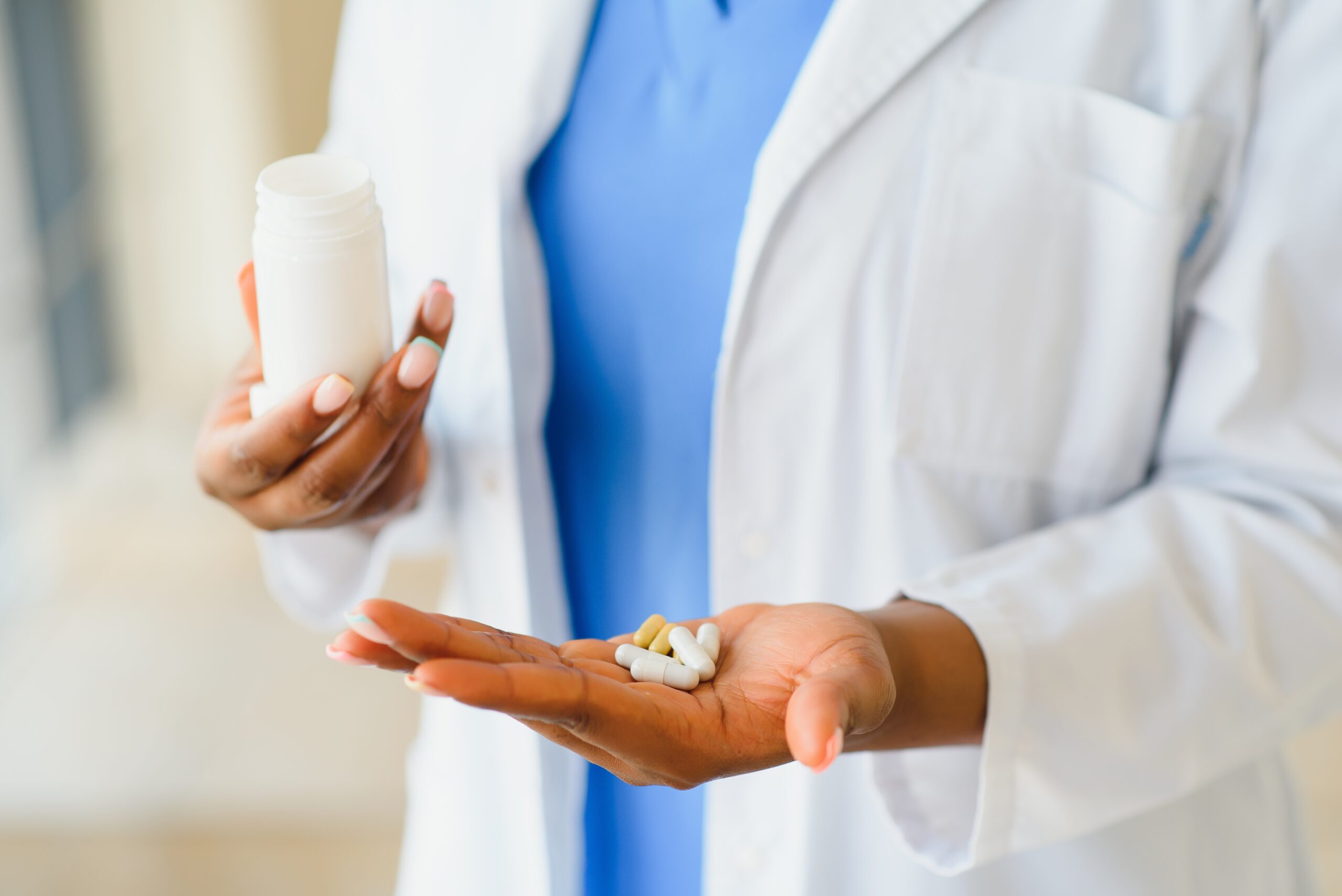Prescription Drug Rehab in Maine
Compassionate, Evidence-Based Treatment at Portland Treatment's Recovery Center
Prescription drug addiction continues to affect individuals and families across the United States, and Maine is no exception. At Portland Treatment, we recognize the growing need for safe, supportive, and comprehensive care for those battling prescription medication addiction. Our prescription drug rehab program in Maine provides a structured environment where individuals can detox (through trusted referral partners), heal from the root causes of addiction, and build the tools for lasting recovery.
What Is Prescription Drug Rehab?
Prescription drug rehab involves clinical, therapeutic, and holistic support to help individuals overcome addiction to prescription medications. These programs address not only the physical dependency but also the emotional and psychological challenges tied to substance misuse.
At Portland Treatment’s Recovery Center, our outpatient rehab programs focus on treating the whole person, offering dual diagnosis care, trauma-informed therapy, medication management, and individualized recovery plans tailored to each client.
Do You Need Help for Prescription Drug Addiction?
Recognizing the signs of addiction is a critical step toward recovery. You may need prescription drug rehab if you:
Struggle to stop using medications even when you want to
Experience increased tolerance and need more to achieve the same effect
Suffer withdrawal symptoms (e.g., nausea, tremors, anxiety) when not using
Prioritize drug use over responsibilities at work, school, or home
Continue using despite legal, financial, or health consequences
If any of these symptoms sound familiar, you’re not alone—and help is available.
Commonly Abused Prescription Medications
Prescription Painkillers or Opioids
Prescribed for pain relief, opioids are among the most misused prescription drugs due to their euphoric effects and high potential for dependence. Common examples include:
Oxycodone (OxyContin, Percocet)
Hydrocodone (Vicodin)
Tramadol
Buprenorphine
Hydromorphone
Codeine
Depressants (Benzodiazepines and Sedatives)
Often prescribed for anxiety, insomnia, and panic disorders, benzodiazepines, and other depressants can lead to addiction even when used short-term:
Alprazolam (Xanax)
Clonazepam (Klonopin)
Diazepam (Valium)
Lorazepam (Ativan)
Barbiturates like Phenobarbital or Secobarbital
Prescription Stimulants
Used to treat ADHD and narcolepsy, stimulants increase alertness and energy but carry a risk of misuse:
Prescription Drug Addiction and Veterans
Many veterans suffer from chronic pain, PTSD, and related conditions, making them especially vulnerable to prescription medication misuse.
According to the VA, over 288,000 veterans were prescribed opioids, and over 14,000 were also prescribed benzodiazepines—a combination known to increase overdose risk significantly. Despite reduced prescribing practices since 2012, veteran overdose rates continue to climb. At Portland Treatment, we offer trauma-informed, veteran-sensitive addiction treatment and collaborate with other provider partners who accept veteran benefits, like we do, when necessary.
Dangers of Mixing Prescription Drugs and Alcohol
Combining prescription medications with alcohol dramatically increases the risk of overdose, liver failure, internal bleeding, and impaired judgment. This dangerous mix depresses the central nervous system, which can lead to respiratory distress and even death.
If you or a loved one is using prescription drugs alongside alcohol, professional help is critical.
Levels of Care at Portland Treatment
We provide a full continuum of outpatient care, along with referrals for detox and residential treatment when needed:
Detox (Referral-Based)
Medically supervised detox may be necessary for individuals physically dependent on opioids, benzos, or other medications. We refer clients to trusted detox partners in Maine for safe stabilization and treatment initiation.
Partial Hospitalization Program (PHP)
Our PHP offers intensive, structured treatment five days a week, allowing clients to receive full-time clinical support while living at home or in sober housing. Services include:
Daily group and individual therapy
Psychiatric evaluation and medication support
Relapse prevention planning
Intensive Outpatient Program (IOP)
IOP offers flexible yet structured support through therapy sessions 3-5 times per week. It is ideal for individuals transitioning from higher levels of care or those requiring comprehensive outpatient rehabilitation while maintaining outside responsibilities.
Aftercare and Sober Living Support
Recovery doesn’t end when treatment does. We help clients find sober living housing and remain engaged in long-term therapy, peer groups, and relapse prevention resources. Aftercare may include:
12-Step meetings (AA/NA)
SMART Recovery or Dharma Recovery
Ongoing counseling
Medication management
Prescription Drug Addiction Treatment FAQs
Is prescription drug addiction treatable?
Yes. With professional support, evidence-based therapies, and a strong recovery plan, individuals can recover from even severe prescription drug dependency.
Can I detox from benzos or opioids at home?
No. Detoxing from benzodiazepines or opioids without medical supervision can be extremely dangerous and may result in seizures, psychosis, or fatal complications.
Are Adderall and Xanax addictive?
Yes. Both Adderall (a stimulant) and Xanax (a benzodiazepine) carry high addiction potential and should only be used as prescribed under medical supervision.
What makes Portland Treatment different?
Our focus on trauma-informed care, dual diagnosis support, and customized recovery planning allows us to treat the whole person—not just the symptoms of addiction. We also collaborate with detox centers and sober living communities throughout Maine to ensure a seamless and comprehensive recovery experience.
What’s The Best Way To Treat Prescription Drug Addiction in Maine?
If you’re struggling with prescription drug misuse, you don’t have to do it alone. At Portland Treatment, we offer a safe, evidence-based path to healing that meets you where you are. Reach out today to begin your journey to recovery.
Sources:
Substance Abuse and Mental Health Services Administration. (2023). 2022 NSDUH Report
National Institute on Drug Abuse. (2020). Prescription Drug Misuse and Addiction
Department of Veterans Affairs (2019). Opioid Safety and Overdose Risk Reports
Centers for Disease Control and Prevention. (2023). Overdose Data and Prevention Strategies

